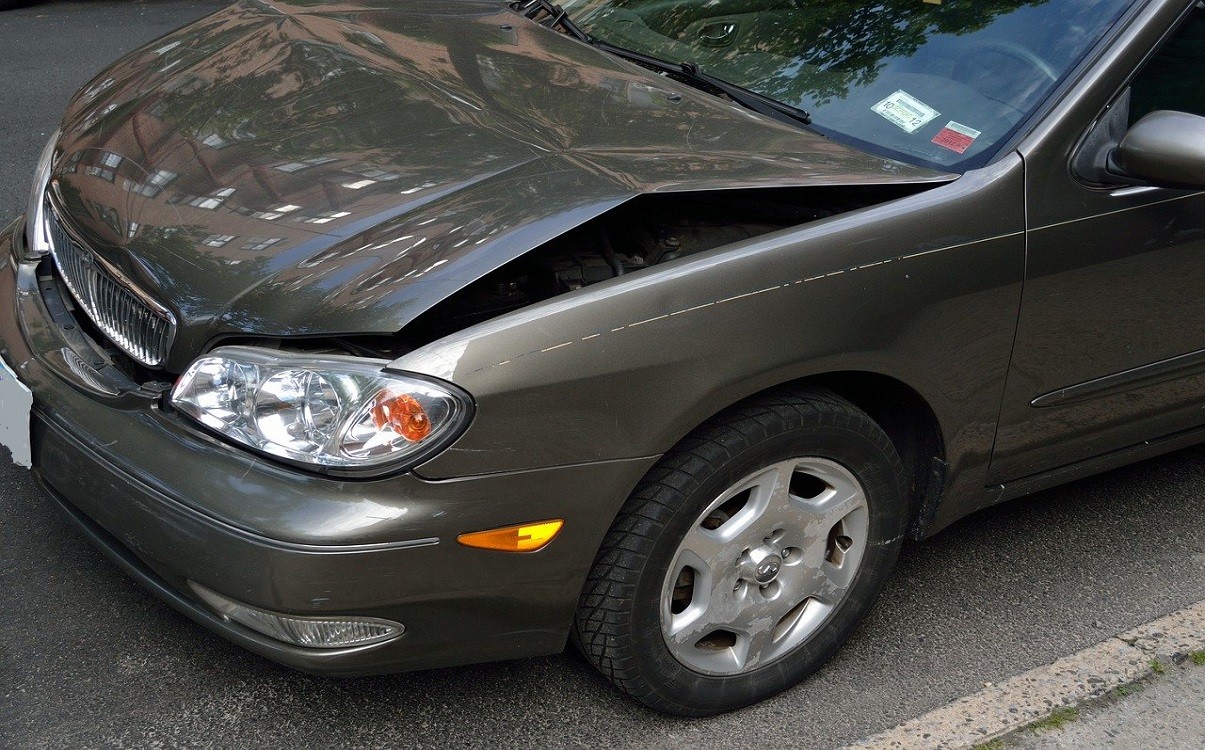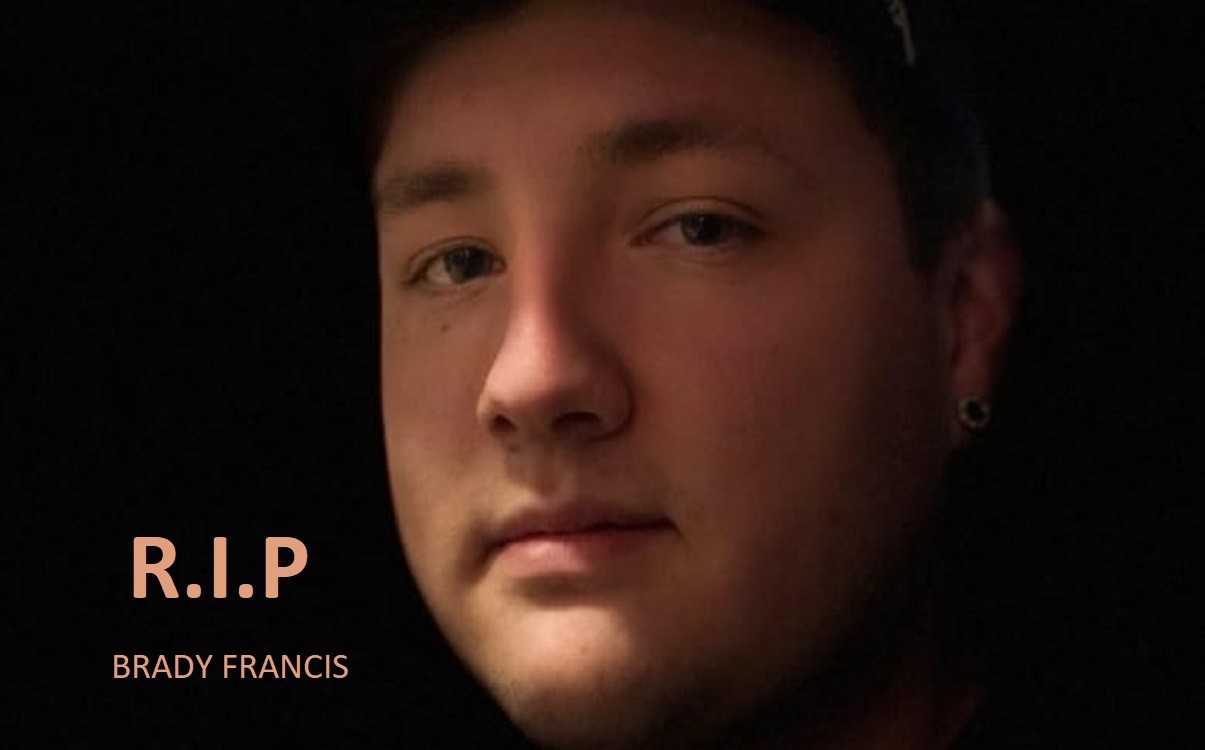Crown will not appeal Maurice Johnson hit and run verdict. Brady Francis, of Elsipogtog First Nation, killed by Johnson
Following a thorough review, provincial Crown prosecutors will not appeal the April 28 acquittal of Maurice Johnson following his trial on a hit and run charge.
The acquittal of Johnson in this case has raised many questions and comments from the public. In particular, some have stated that this case exemplifies how there is no justice for Aboriginal or Indigenous people in Canada. Public Prosecution Services releases this public statement, following our review of the trial decision for grounds of appeal, to address some of these questions and comments.
Public Prosecution Services is well aware of the most recent comments from the Supreme Court of Canada in the 2019 R. v. Barton decision stating that “…Indigenous people are the target of hurtful biases, stereotypes, and assumptions, including stereotypes about credibility, worthiness, and criminal propensity, to name just a few…” and that “…discrimination experienced by Indigenous persons, whether as a result of overtly racist attitudes or culturally inappropriate practices, extends to all parts of the criminal justice system… In short, when it comes to truth and reconciliation from a criminal justice system perspective, much-needed work remains to be done.” (para.199)
There is absolutely no indication from our review of this decision that racial bias or partiality played any role in the acquittal in this case. The decision was made on the basis of the evidence heard at trial and the applicable law. Said the review board.

Brady Francis, of Elsipogtog First Nation, was tragically struck and killed by a vehicle on Feb. 24, 2018 in Saint-Charles. Maurice Johnson was subsequently charged in this hit and run accident.
On April 28, 2020, the trial judge presiding over this case found Johnson not guilty of the offence and acquitted him of the charge.
The judge concluded that the Crown did not prove its case beyond a reasonable doubt. Reasonable doubt is a core principle of the criminal justice system that protects all persons in Canada who are charged with a crime. It refers to the obligation of the State to prove with certainty that an accused committed a particular unlawful act and that he or she did so with criminal intent.
Our review of this decision takes into account that an appeal does not take the form of a second trial. It provides a review of the trial decision to determine if errors were made by the judge that impact on the ultimate decision of guilt or innocence. There is an extremely limited avenue for the successful appeal of an acquittal in our system of justice. Identifying an error of law alone on the part of the trial judge is not sufficient. Any error of law identified must be such that it would satisfy the appellate court that the error might reasonably have had a material bearing on the acquittal. This is considered to be a high standard to meet, described by the Supreme Court of Canada as the error being such “…that there is a reasonable degree of certainty that the outcome might well have been affected by it.”
This limited avenue for appeal of an acquittal is justified by the regard had for the prohibition against double jeopardy. We recognize this principle in Canada through s. 11(h) of the Canadian Charter of Rights and Freedoms. It states that individuals have the right not to be tried again for an offence for which they have already either been acquitted or convicted and punished. This is not interpreted to mean that the Crown cannot appeal an acquittal, but the limitation thereon is the Canadian way of giving expression to this principle.
While the Crown believes there may be grounds to appeal the finding that the Crown did not prove that Johnson’s car struck Brady Francis, this is insufficient because of the trial judge’s finding on the issue of criminal intent that Johnson “…might have thought he struck a deer.” This is a finding of fact, not an error of law. It is well within the purview of the trial judge and is not appealable in this case. It is, in fact, fatal to the Crown’s ability to appeal this acquittal.
Also, Worth Reading
40 Years Overdue, Grassy Narrows Gets Their Care Home
Image Source https://redpowermedia.wordpress.com/tag/brady-francis/









